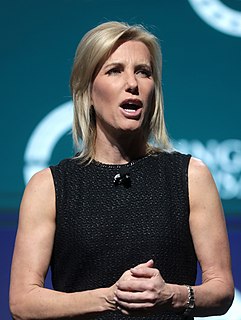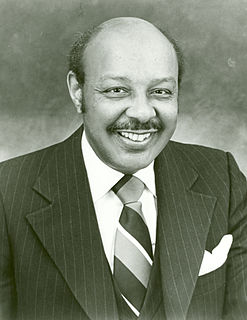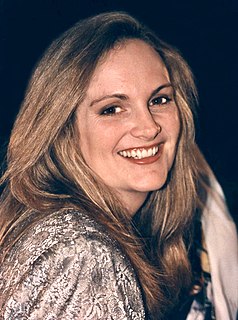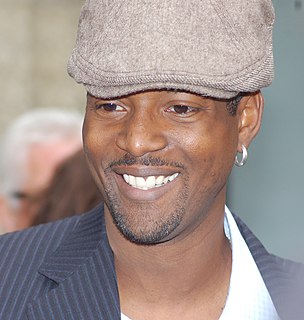A Quote by Benjamin Wittes
The notion of law enforcement as professional, not political, began developing as an aspiration and an ethos even while, in practice, the FBI was the personal fiefdom of J. Edgar Hoover.
Related Quotes
The president has a duty and a right to oversee the FBI, and you know, he properly delegate the law enforcement to the FBI and try to insulate it from politics. But that's not to curb the president's authority over the FBI. So if he wants to meet with the FBI and give his opinion or even talk about his hopes, if indeed, he said that, he has every right to do so.
When my father began to work with President John. F.Kennedy, we moved to Washington, D.C. I was fortunate in my pre-adolescent years, as my social and political consciousness was developing, to live at the epicentre of that dynamic, idealistic, and inspiring moment in U.S. political history, with its ethos of personal and civic responsibility, summed up so succinctly in his exhortation: "Ask not what your country can do for you, but ask what you can do for your country."
This killer [in Orlando] was interviewed by the FBI three times and I'm not going to second guess what career law enforcement professionals do everyday to defend our nation. But we need to look carefully at this. Should we have a broader database? You know, someone comes to the attention of FBI not once but three times, does that suggest that local law enforcement needs to know.
I just kind of had my own impressions growing up with Hoover as a heroic figure in the 40s - actually the 30s, 40s, and 50s and beyond - but this was all prior to the information age so we didn't know about Hoover except what was usually in the papers, and this was fun, because this was a chance to go into it [ during filming 'J. Edgar Hoover' ]






























